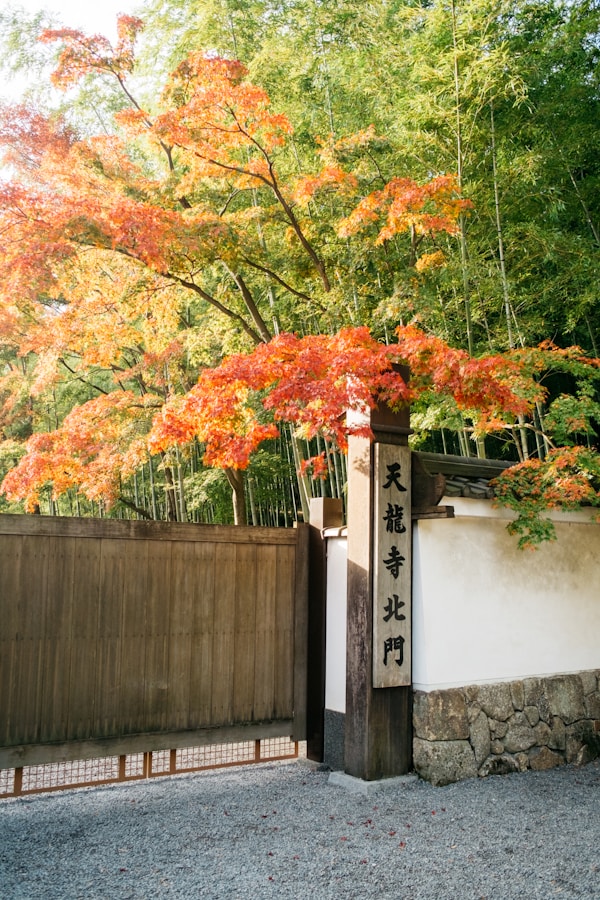.svg)
Why Homes in Japan May Not Be Built to Last: Understanding the Reasons
.svg)
.svg)
.svg)

What does “good bones” mean in a Japanese house? Learn how to spot solid structure in akiya homes—foundation, beams, roof—and avoid money pit renovations.
.jpg)

If you’ve been browsing akiya listings or talking to real estate agents in Japan, you may have heard the phrase:
“This house has good bones.”
But what does that actually mean in the context of an old Japanese home—especially one that may have been abandoned for years?
In this post, we’ll break down what “good bones” really refers to in Japanese houses, how to spot it, and why it matters when choosing the right akiya to renovate.
.jpg)
Globally, “good bones” means that while a home might look rough on the surface, its structure and core elements are solid. You can change wallpaper, flooring, and kitchens, but if the structure is sound, you’re working with a reliable foundation.
In Japan, where earthquakes, termites, and humidity are constant threats, “good bones” takes on extra importance.
When we evaluate akiya for “good bones,” here’s what we look for:
Sometimes sellers call a house “good bones” when it’s… not. Here are red flags that suggest otherwise:
These may not be dealbreakers—but they mean the house is more “gut job” than “cosmetic project.”
A house with “good bones” lets you focus money on upgrades that improve comfort and style, not major structural rescue.
When it comes to akiya, “good bones” isn’t just a real estate cliché—it’s the difference between a doable fixer-upper and a money pit.
If the foundation, beams, and roof are solid, you’re looking at a house that can be renovated into something beautiful. If not, you might be better off walking away (or budgeting for a rebuild).
At Old Houses Japan, we help buyers:
📩 Let us review your akiya »
Start your journey with Luxey today! Sign up for free and get instant access to the best property listings.



